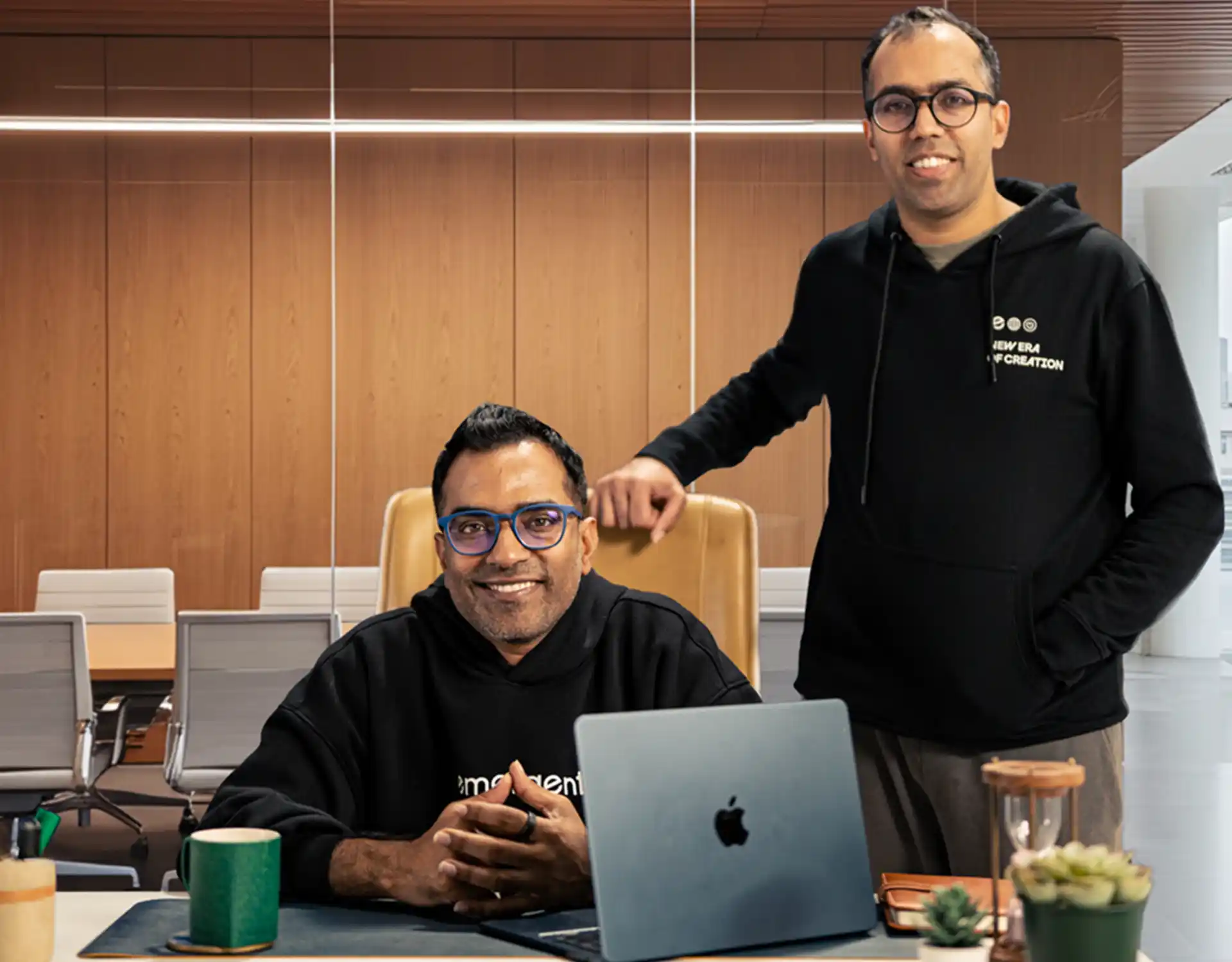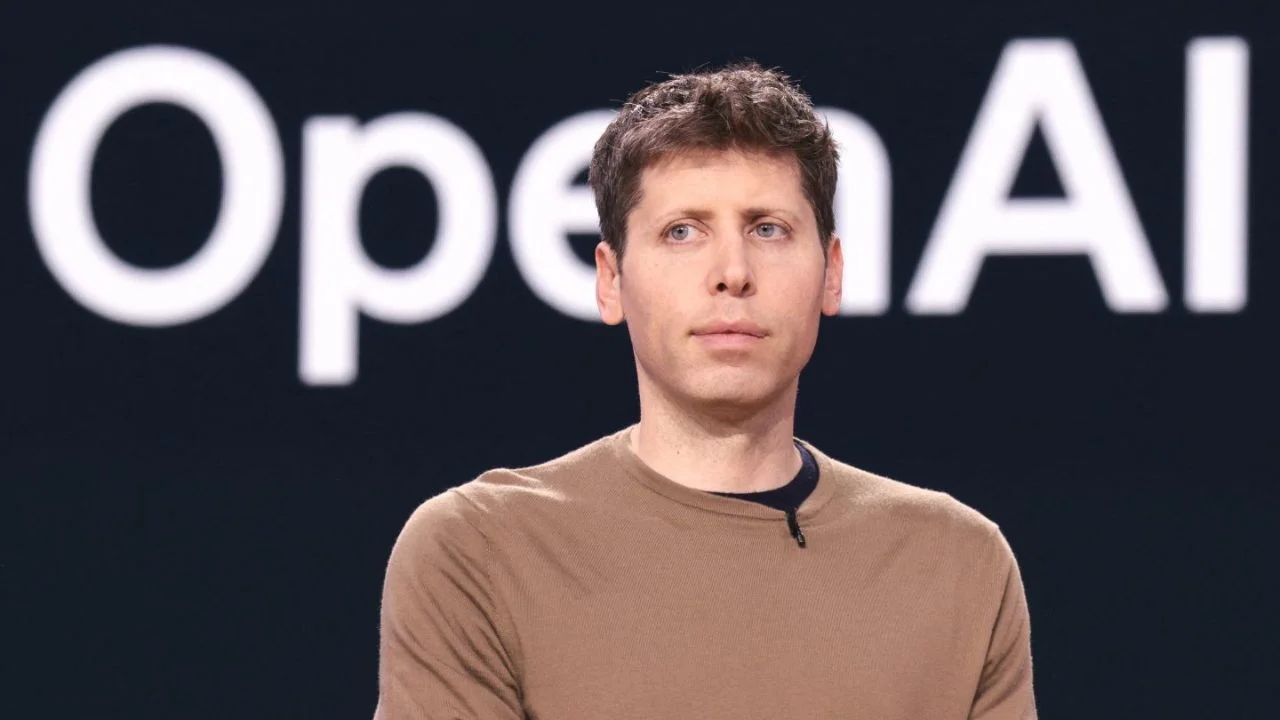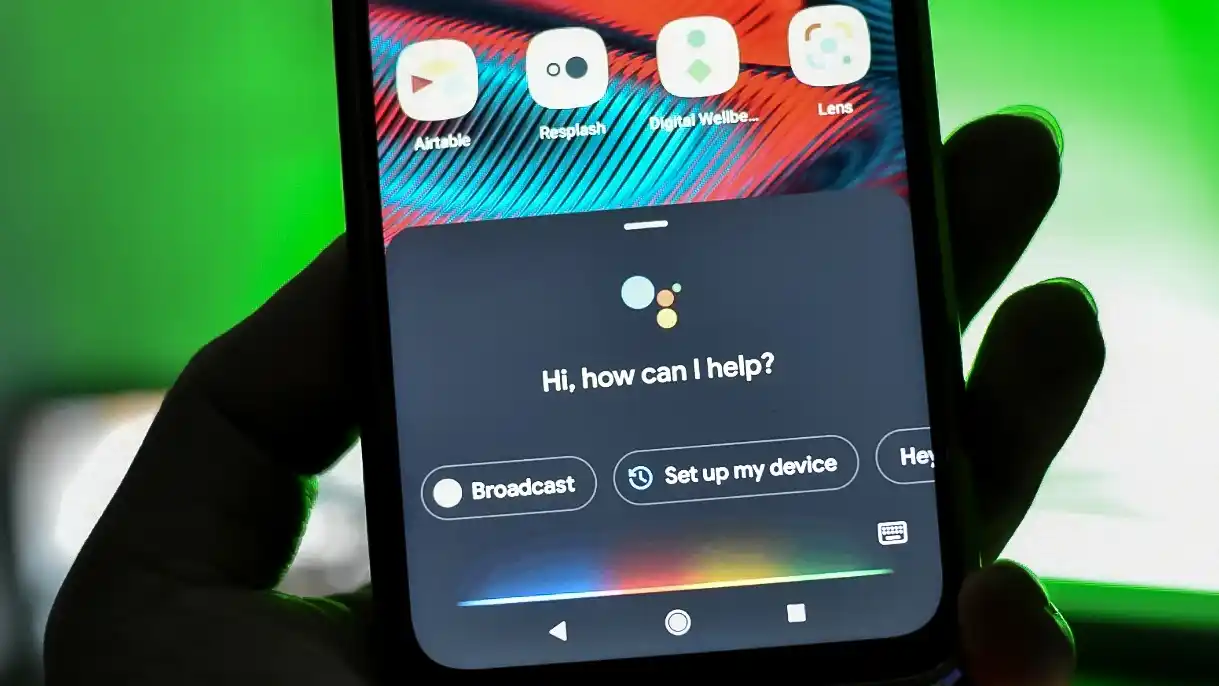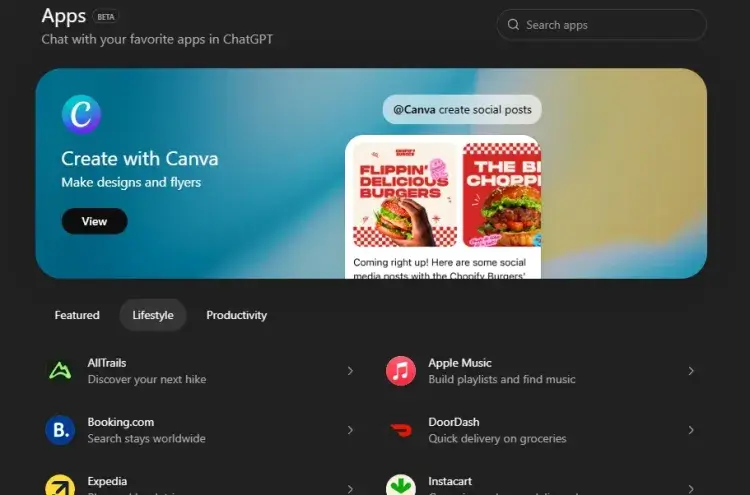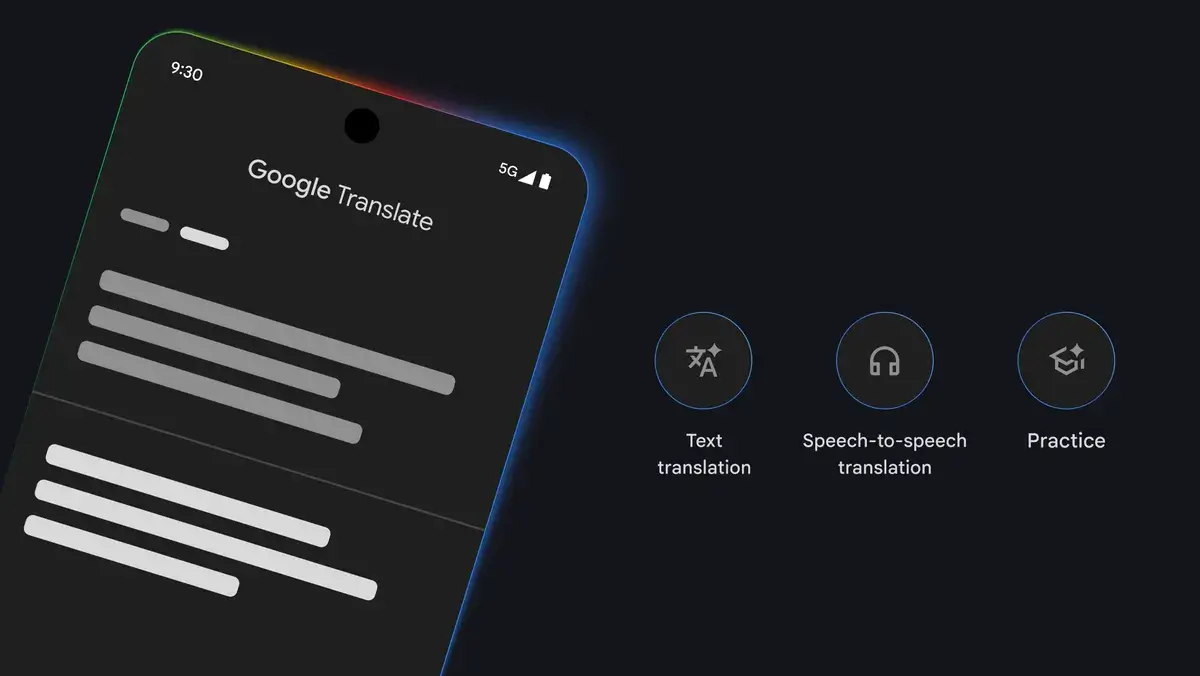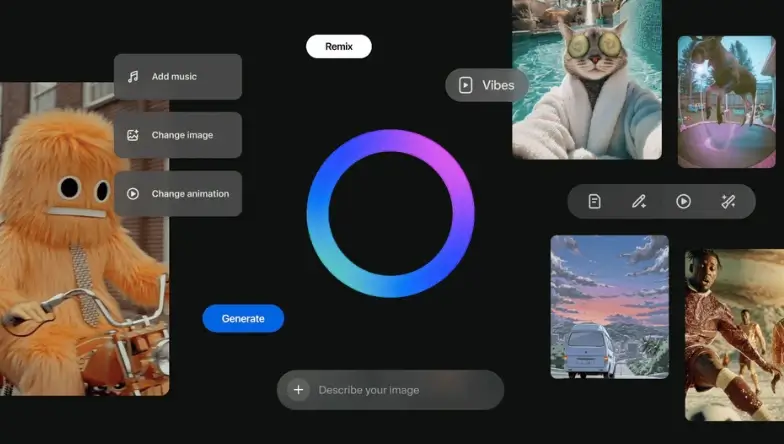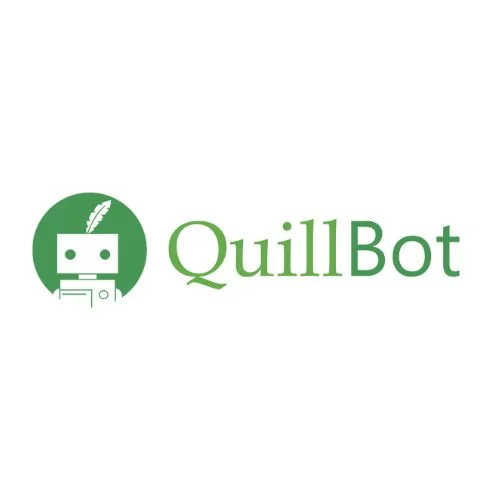Solana CEO Says AI Agentic Coding Is Changing Everything
When you stop fighting automation, you start leading innovation.
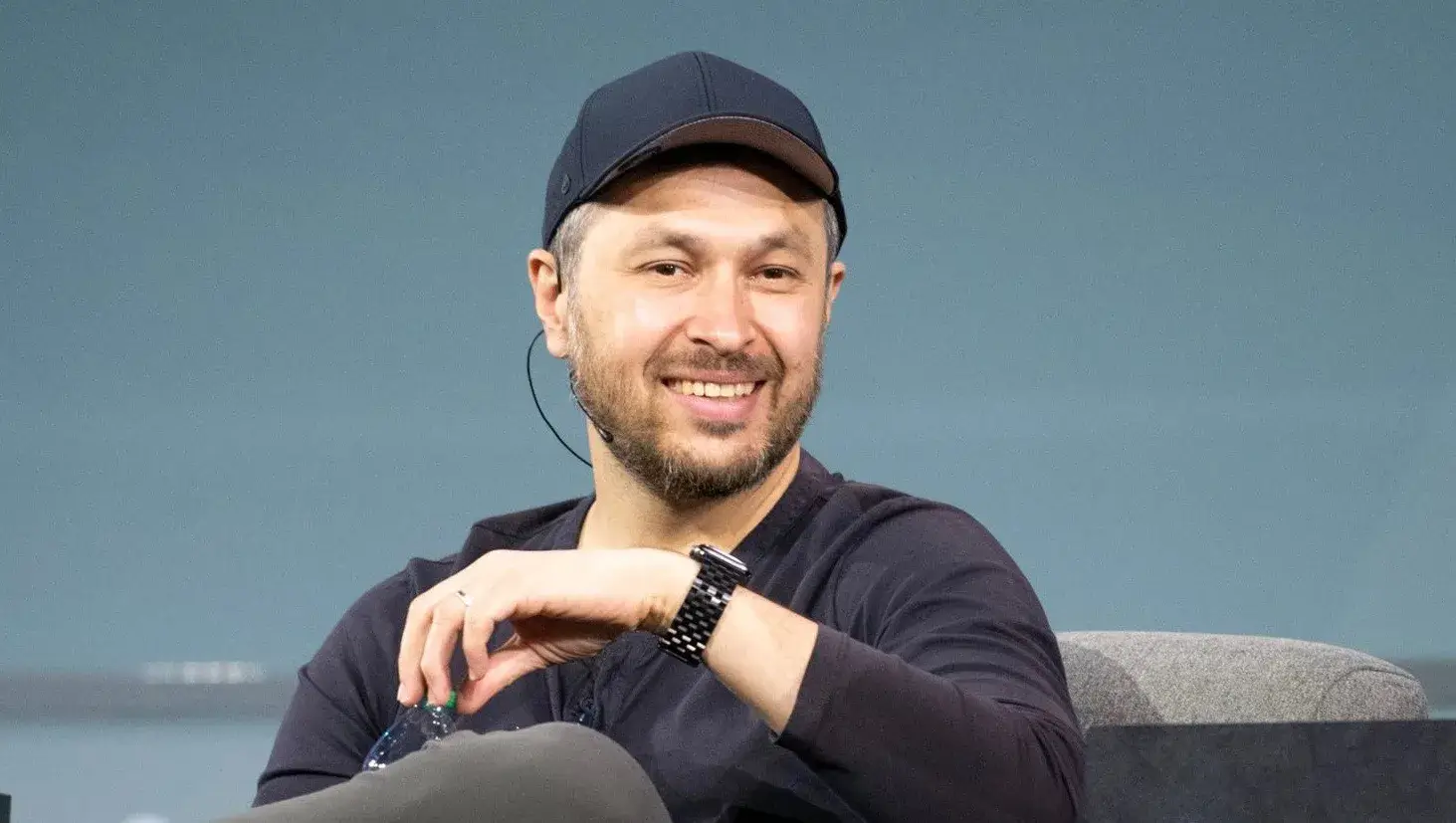
Something interesting is happening in tech — the world’s most brilliant developers are no longer obsessed with coding harder. They’re learning to let AI do the heavy lifting.
At TechCrunch Disrupt, Solana co-founder and CEO Anatoly Yakovenko admitted something that every engineer secretly feels but rarely says out loud — AI agents code better when you let them think.
After 15 years of writing software, Yakovenko says he’s now comfortable “just watching Claude churn through its thing.” He even jokes that when people see him spacing out in meetings, it’s probably because he’s watching AI at work.
This isn’t laziness. It’s leverage.
Yakovenko calls AI “a great force multiplier for somebody who’s an expert.” Meaning — the more you know, the more AI can expand your abilities.
This is the heart of agentic coding, a fast-growing movement where developers use AI tools like Claude, Devin, and GitHub’s new Agent HQ to write, debug, and optimize code autonomously. The developer’s job shifts from typing every line to steering intelligence — like a pilot guiding an autopilot system.
And while that sounds futuristic, it’s already happening.
Yakovenko’s company, Solana Labs, is having one of its strongest years yet — reporting $2.85 billion in annual revenue, powered largely by crypto trading activity. On top of that, the Solana ETF just launched with nearly $70 million in first-day inflows, signaling that traditional finance might finally be warming up to decentralized tech.
But that success comes with noise. The platform is also home to projects like Trumpcoin, which critics label as “public bribery.” Yakovenko’s response? Simple: Solana is open — meaning anyone can build on it, good or bad. He likens it to email: “I could send you a link to Trumpcoin or Fartcoin. Both run on protocols. Both are just code.”
That’s the tradeoff of openness — you get innovation, not control.
Yakovenko’s perspective mirrors where AI is taking software development too. It’s not about restricting what can be built; it’s about creating systems that build better on their own. Just like open protocols made crypto unstoppable, open intelligence is making software smarter by the day.
And for those worried about AI replacing engineers — it’s actually doing something better. It’s upgrading them. The best developers today aren’t the ones typing 100 lines a minute; they’re the ones who can guide a smart system to write 10,000.
As Yakovenko put it — the real value lies in watching, refining, and redirecting when things “go off the rails.” That’s where human intuition still wins.
The future of development isn’t man versus machine — it’s man with machine.
And that partnership is rewriting the very definition of productivity in tech.
So maybe the next time you see someone staring blankly at their screen, they’re not distracted — they’re orchestrating a silent symphony of code, powered by AI.
🧠 The question isn’t whether AI will code for us. It’s how far we’ll let it go.
You may like recent updates...
Subscribe & Get Free Starter Pack
Subscribe and get 3 of our most templates and see the difference they make in your productivity.
Free Starter-Pack
Includes: Task Manager, Goal Tracker & AI Prompt Starter Pack
We respect your privacy. No spam, unsubscribe anytime.

